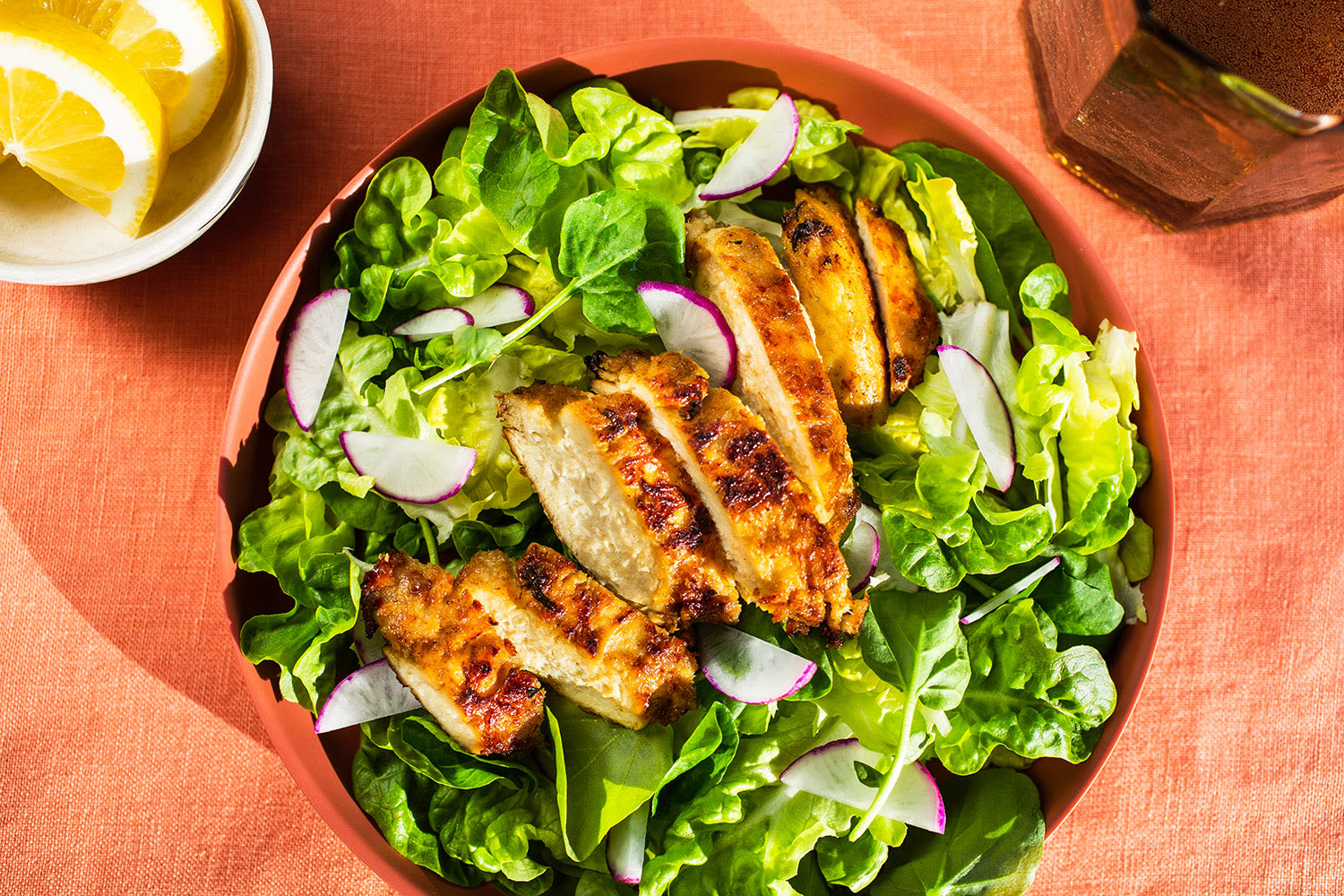Will making meat without animals help prevent the next pandemic?
The current pandemic seems far from being in the rear view mirror, but that doesn’t mean we shouldn’t start thinking about the next one. It turns out, in fact, that the United Nations is already doing just that.
In its report, “Preventing the Next Pandemic,” the UN describes the most likely reasons we could be brought to our knees again by another microscopic enemy, whether a potential new coronavirus disease or another possible zoonotic viral outbreak.
Number one on the UN’s list of potential future culprits: “Increasing demand for animal protein.” Raising billions of animals for food is of course an animal welfare problem, but it also makes us more vulnerable to diseases like bird flu and swine flu. After all, the H1N1 swine flu pandemic in 2009 killed hundreds of thousands of people and likely originated in a North Carolina pig factory.
The second risk factor listed by the UN, is what they call unsustainable agricultural intensification. They elaborate: “Increasing demand for animal-source foods stimulates the intensification and industrialization of animal production.” Simply put, cramming vast numbers of genetically similar animals wing to wing and snout to snout inside factory farms is the equivalent of playing viral Russian roulette.
And the third listed potential cause of the next pandemic is slaughtering wildlife for meat, also known as the “bush meat” trade.
In other words, three of the top seven most likely causes of the next pandemic, according to the UN, all stem from humanity’s desire to eat meat. As vexing of a problem as that may seem, there is something we can do. Yes, many humans seem to crave the experience of meat-eating, but most of us would be quite happy to enjoy that experience even if no animals were raised and slaughtered for it.
In the same way that we want our lights to cheaply turn on when we flick a switch and don’t typically contemplate whether that experience is generated by fossil fuels or renewable energy, a lot of us want the meat experience but don’t demand animal sacrifice to enjoy it.
Already, start-ups like Beyond Meat are making fast food burgers from plants that satisfy diehard carnivores. Others like Virgin-backed Upside Foods (formerly Memphis Meats) are producing real chicken meat grown without harming a single chicken. And others like my own company, The Better Meat Co., are using the power of microbial fermentation to make products that look and taste like steak and chicken without needing animals, either.
Such animal-free meat technology, if scaled, would address three concerns the UN identifies among the most likely causes of the next pandemic, along with ushering in numerous other critical benefits as well.
What an advancement it would be, both for humankind and animalkind alike, if we invested the resources necessary to divorce the experience of enjoying meat from the need to exploit animals. Perhaps one day in the near future we’ll be enjoying in-person dining, toasting the innovators who took the UN’s warning seriously and advanced the work needed to reduce pandemic risk and create a more humane, sustainable, food supply.
Paul Shapiro is the CEO of The Better Meat Co. and author of Clean Meat: How Growing Meat Without Animals Will Revolutionize Dinner and the World.
This is a guest blog and may not represent the views of Virgin.com. Please see virgin.com/terms for more details.


